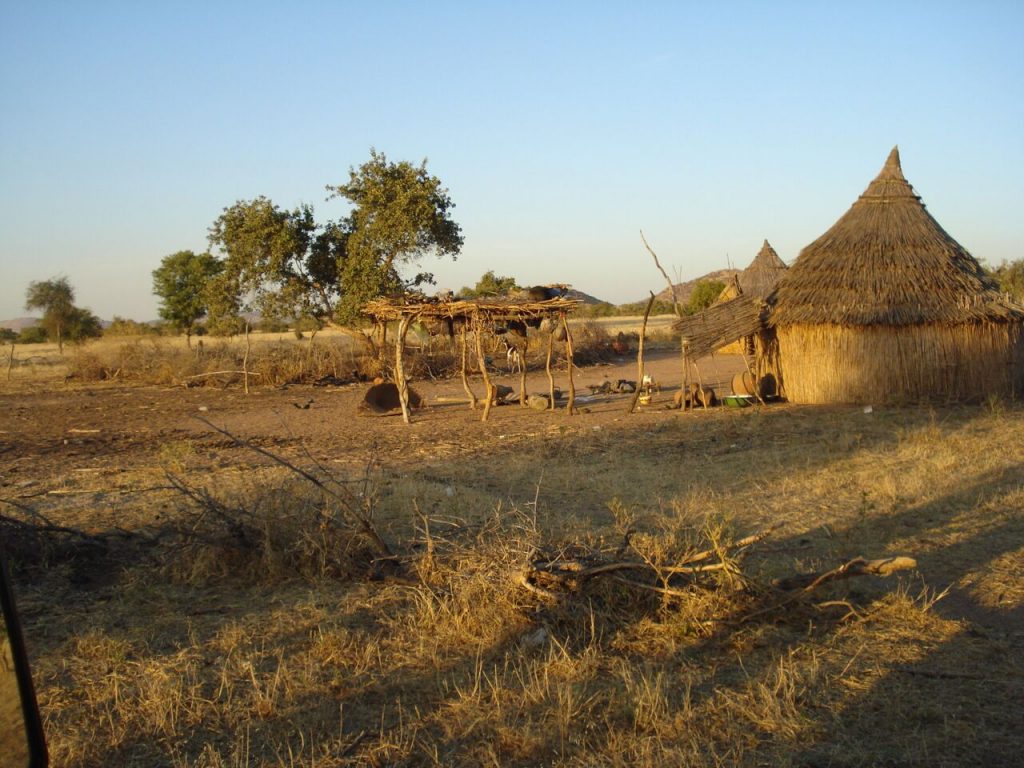A severe food crisis continues to affect millions across the Sahel in Chad, Mali, Niger, and Nigeria. Operating in the Am Dam and Iriba regions at the heart of the Sahel region of Chad, International Medical Corps has been rapidly scaling up nutrition, health, and sanitation and hygiene programs to meet the sharply increasing needs of crisis-affected communities. International Medical Corps expects to provide more than 70,000 people in Am Dam and Iriba with health and nutrition services this year, compared to 40,000 in 2011.These services are delivered through our support for 2 district hospitals, 3 health centers and more than 40 mobile health clinics.
An International Medical Corps nutrition team operating out of Iriba Hospital in Wadi Fira Province gathered the story below:
Sidick, a nine-month-old Sudanese boy, is a refugee in Am Nabak Camp, in eastern Chad. At the end of May 2012, staff from the Am Nabak Camp health center referred Sidick to Iriba Hospital, located about 30 miles away. There, International Medical Corps determined Sidick was severely malnourished and admitted him to our outpatient therapeutic program (OTP). In OTP, severely malnourished children receive care at home from their own families, using a ready-to-use therapeutic food called Plumpy’Nut provided by International Medical Corps. After Sidick’s condition improved, he was transferred to a supplementary feeding program to complete treatment.
However, one month later, Sidick was readmitted with severe acute malnutrition caused by medical complications: diarrhea and a lower acute respiratory infection. Am Nabak Camp’s nutrition team brought Sidick to the stabilization center in Iriba Hospital after a relative convinced Sidick’s mother to take him there. The stabilization center provides inpatient care around the clock for children in Sidick’s condition; treatment usually lasts approximately a week before children can transfer to OTP. Because mothers usually stay with their children at the stabilization center, it can be difficult for families.
According to Mbeito, the stabilization center supervisor in Iriba:
“This transfer seriously affected my conscience because Sidick was being separated from his family. His mother was discouraged because her child could not eat anything and stay alone, far away from his family. But Sidick’s mother was counseled and assisted by a relative who helped her agree to go to the center.”
Sidick recovered quickly, which was a big surprise for his mother. She states, “During Sidick’s twelve-day hospitalization, the International Medical Corps nutrition team cared for him twenty-four hours a day, and also organized health and nutrition education sessions with the rest of the stabilization center caretakers who have children in a critical situation like my child or even worse than my child.”
Upon his recovery, Sidick’s mother congratulated all of the stabilization center staff, nurses and doctors who were on duty 24 hours-a-day caring for their patients. Sidick’s mother then promised to share what she learned upon her return home, and encourage other caretakers in Am Nabak camp to take children like Sidick to the International Medical Corps nutrition program for proper care and treatment.
